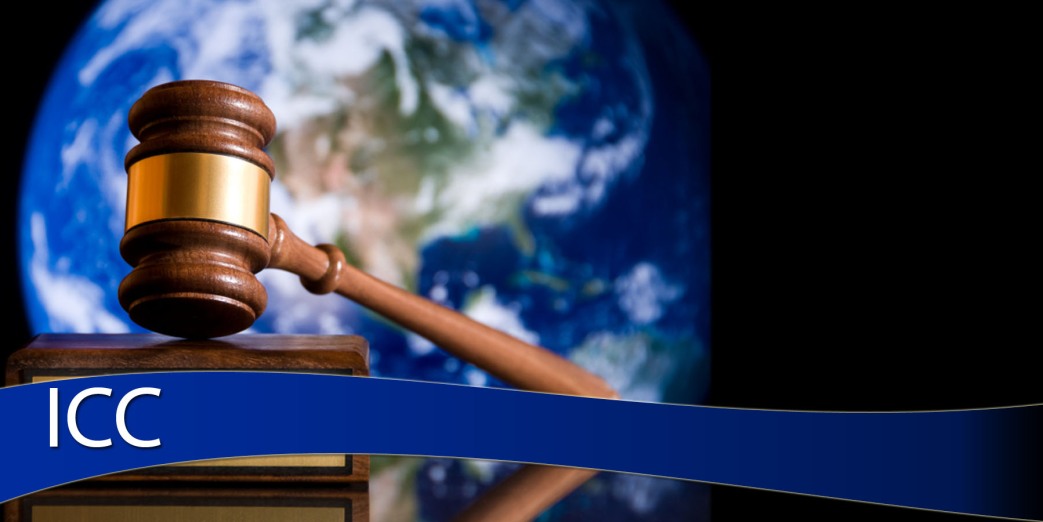By Peter Clottey

February 5, 2014[ICC] –The International Criminal Court (ICC) cannot launch an investigation into alleged human rights violations in South Sudan despite concerns that warring factions in Africa’s newest nation are committing crimes against humanity, says Fadi El-Abdallah, spokesman for the ICC.
United Nations Secretary General Ban Ki-Moon has called for the prosecution of perpetrators of human rights violations in South Sudan, and some observers are calling for the ICC to investigate and prosecute the perpetrators.
But, El-Abdallah says the ICC can only investigate the alleged human rights violations if the UN Security Council passes a resolution authorizing the Hague-based court to begin an inquiry into the South Sudan conflict.
“In principle, the ICC has no jurisdiction and cannot investigate what is happening in South Sudan, unless there would be a request by the Security Council under chapter seven, which then would put an obligation on South Sudan to cooperate with the ICC and then the ICC can investigate,” said El-Abdallah.”
Over 1,000 people are feared dead and hundreds of thousands have been displaced from their homes due to the conflict, prompting calls for an investigation.
But, El-Abdallah says the court will be violating South Sudan’s sovereignty if it launches an investigation into the conflict, since the country has yet to officially become a signatory to the Rome Statute that established the ICC.
The ICC, he says, can only investigate human rights violations in countries that accept the jurisdiction of the court in instances where the Security Council does not pass a resolution authorizing an inquiry.
“The only way for the ICC to be able to investigate without violating the sovereignty of a state would be by a resolution from the Security Council like in the case concerning Darfur in Sudan, and Libya,” said El-Abdallah.
But some observers contend that calls by both Ban Ki-Moon and human rights groups demanding an inquiry into the rights violations should be enough to pave way for the court to begin investigations. El-Abdallah disagreed.
“For the time being we don’t have jurisdiction over South Sudan, and we will not have it unless South Sudan accepts our jurisdiction or if the United Nations Security Council [passes] a resolution putting an obligation on South Sudan to cooperate with the ICC,” said El-Abdallah.
The court, he says, has called on South Sudan to ratify the Rome Statute to help protect citizens who have become victims of the conflict.
“The ICC calls on South Sudan and all the states in the world to accept and ratify the ICC Rome Statute, to offer the ICC a universal jurisdiction and the possibility to apply the legal rules and to protect victims in all the states,” said El-Abdallah.
Clottey interview with Fadi El-Abdallah, ICC spokesman